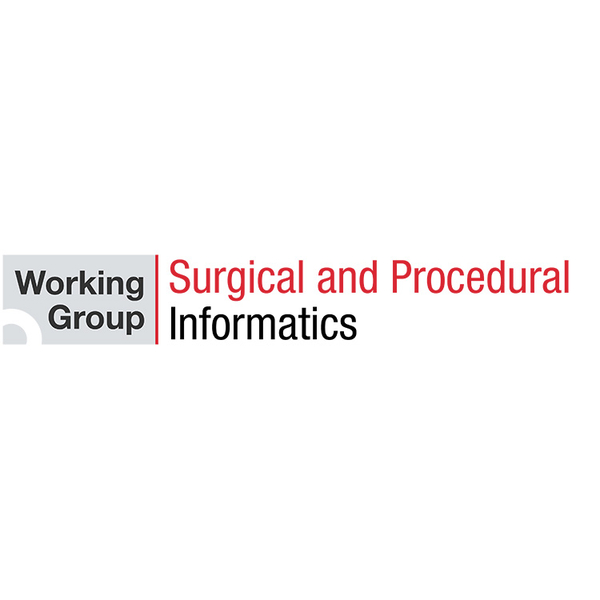Working Group Webinar Library
Webinar Library
Intelligent Systematic Literature Reviews (ISLaR): a Gen-AI Powered Tool for Real-Time Article Screening and Data Extraction
Traditional systematic literature review (SLR) methodologies suffer from inefficiency due to their time-consuming and resource-intensive nature. Our goal is to improve this process by developing an efficient Intelligent Systematic Literature Reviews (ISLaR) system, using Generative Pre-Trained Transformer 4 (GPT-4), for real-time article screening and data extraction.
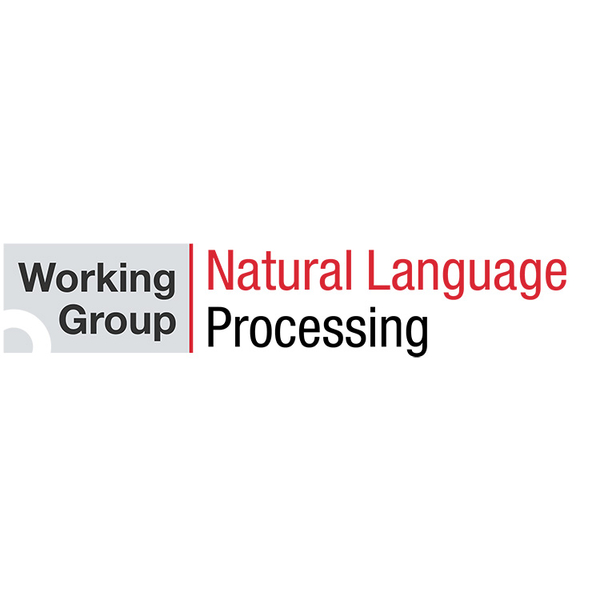
Evaluating AI Applications Toward More Efficient Cancer Screening
Recent developments in AI have demonstrated the potential for improving our ability to detect and diagnose cancers earlier. William Hsu will present three unique experience evaluating AI in multiple cancer screening scenarios.
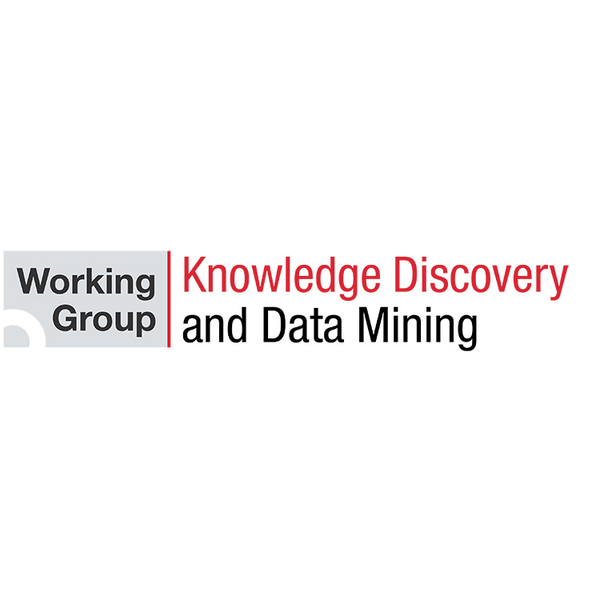
Write the Notes You Want to Read, Not the Ones Your Biller Used to Require
Who is in control of the content of the progress note? What is truly required for billing purposes and what are we holding onto for the sake of tradition/habit? How can you regain control of your note and remove the bloat that has built up over the years?
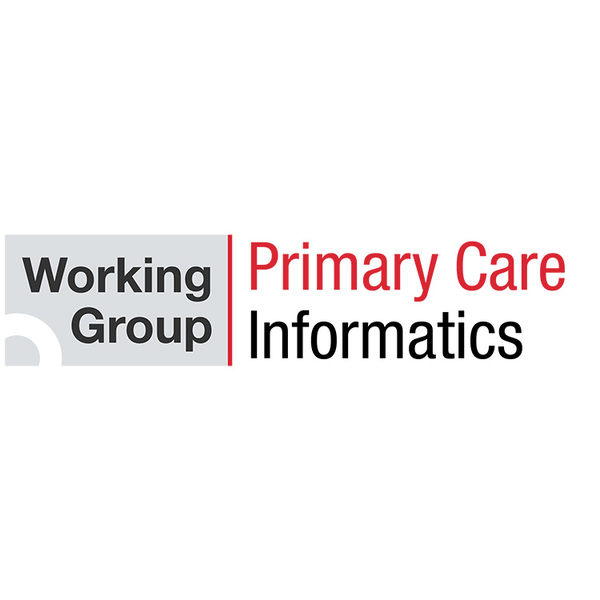
STARR: Accelerating Clinical Data Science at Stanford
STARR is Stanford’s single integrated data lake containing clinical data of different modalities from the three Stanford Hospitals and associated clinics. STARR contains “raw” and “analysis-ready” data as well as tools to analyze this data.
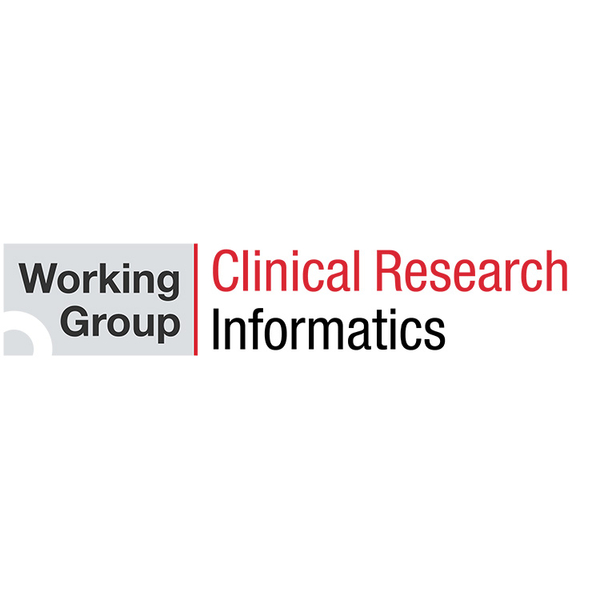
Beyond Theory: Practical Marketing and Operational Implementation in Surgical Informatics
This upcoming webinar focuses on the practical aspects of integrating informatics into surgical departments. Our panel of three experts will guide participants through effective strategies for promoting and marketing the benefits of informatics to their departments, addressing common concerns and demonstrating the value it brings to patient care and operational efficiency. Additionally, the seminar will cover actionable steps for implementing changes based on informatics and leveraging data for improved healthcare. Attendees of this webinar should leave with a clear understanding of how to advocate for informatics within their departments, practical insights on implementing operational changes, and strategies to harness informatics for improving surgical outcomes and efficiencies. Presenter Watch the Recording
